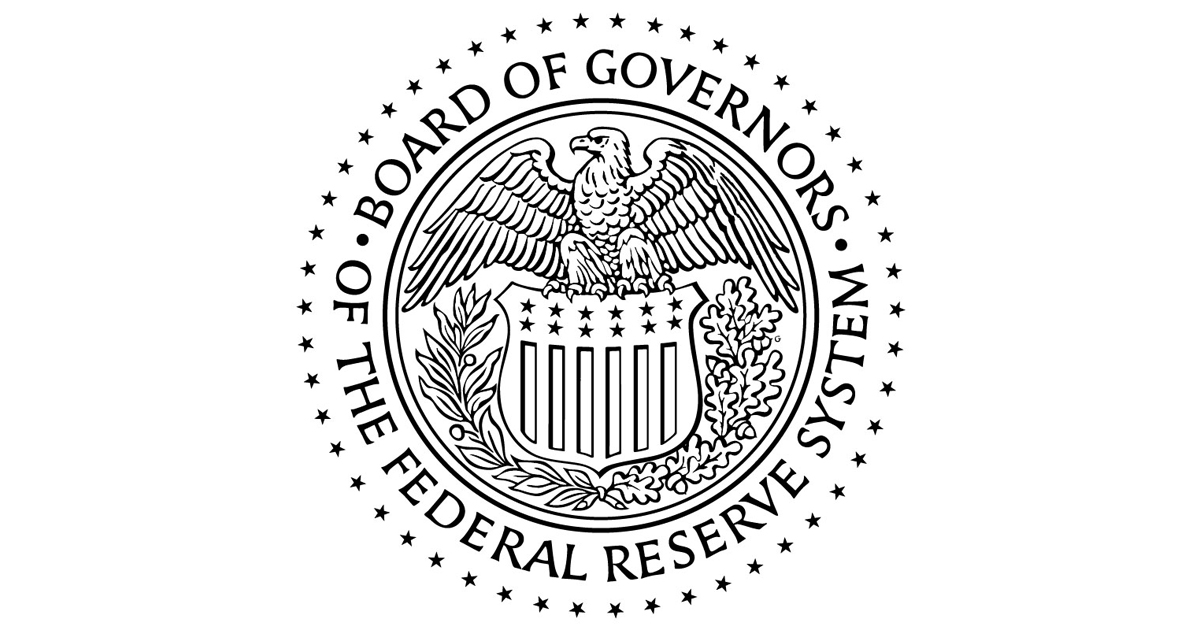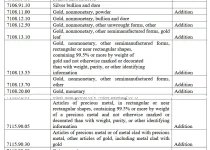
Silver bullion is likely exempt from USA tariffs.
I dug deeper into the silver tariff issue (see tweet quoted below for background). The CBP letter of July 31 explained that gold bullion bars - cast or extruded with stamps indicating purity and weight - were not classified under 7108.12.10 (bullion and dore), but rather 7108.13.55 (Rectangular or near rectangular shapes, containing 99.5 percent or more by weight of gold and not otherwise marked or decorated than with weight, purity, or other identifying information).
I found the page in the Harmonized Tariff Schedule (HTS) that lists silver classifications. Silver has comparable classification codes to the gold codes: 7106.91.10 (bullion and dore) and 7106.92.10 (Rectangular or near rectangular shapes, containing 99.5 percent or more by weight of silver and not otherwise marked or decorated than with weight, purity, or other identifying information)
It seems logical to me that silver bullion bars that are cast or extruded with stamps indicating purity and weight - such as 1,000 ozt London Good Delivery silver bars used by the LBMA and COMEX and the basis for physically settling EFP trades - would be classified under 7106.92.10 given the CBP's guidance in the July 31 letter.
Curiously, the HTS lists 7106.92.10 rate as "Free". I did not see this code listed in the Article II exempt list provided with the most recent Executive Order, so it's not clear to me when this classification code was set to free, but it looks like it isn't going to be an issue for the COMEX~LBMA EFP trade.

















